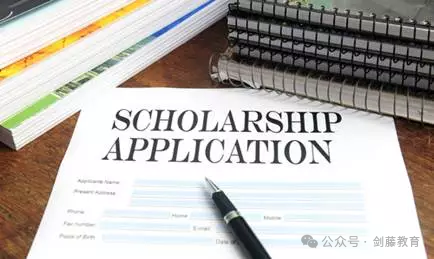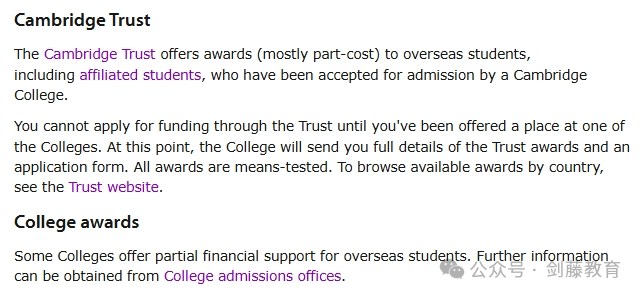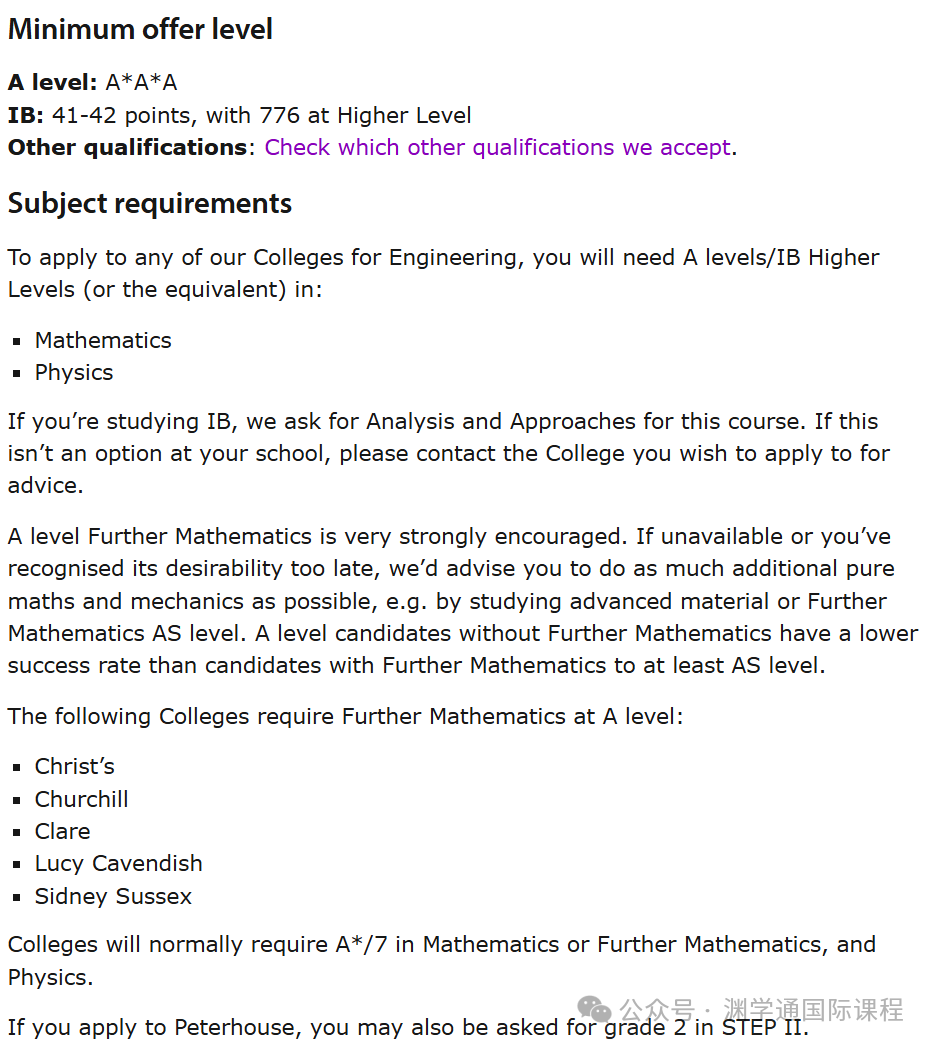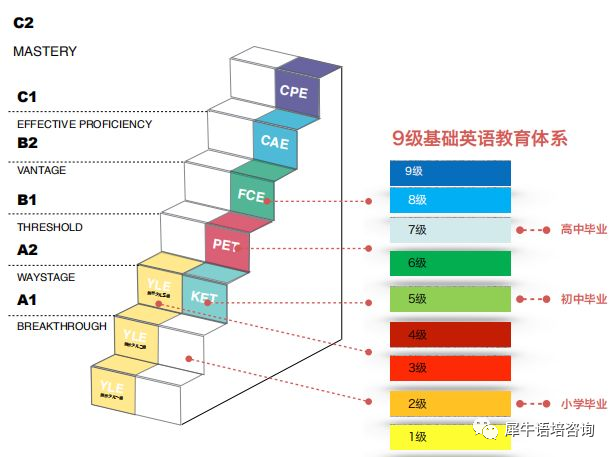“GRE和GMAT RC文章阅读法”的开篇强调在第一遍通读文章的时候要像个中高级知识分子一样阅读:去抓各方观点,去理解信息的作用而不拘泥于细节本身。
但有的时候知识分子会比较阴阳怪气,观点可能不是很明显,导致读者在字面意思比较清楚的情况下完全理解错观点。
比如《LAB GRE阅读一本全》第20篇前三句。 Benjamin Franklin is portrayed in American history as the quintessential self-made man. In “Self-reliance”, Emerson asks, “Where is the master who could have instructed Franklin...?” In fact, Franklin took instruction widely, and his scientific work was highly collaborative.
第一句话说富兰克林一般被当成美国人自力更生的典范。第三句是作者的异议,说其实富兰克林跟别人学挺多,研究也是跟人合作。关键是第二句爱默生是站哪一边?爱默生的这句话有两种翻译:
1. 教过富兰克林的老师在哪里?
2. 哪有能指导富兰克林的导师?第一个就是确实有人教过富兰克林,这么理解就意味着作者和爱默生观点一致,都反对传统观点;第二个意思就是爱默生阴阳怪气,富兰克林那么厉害、那么独特,哪可能是有人教得出来的。
根据上下文来看,第二种理解更合理。有两个上下文。一个是这篇文章本身的线索。
1. 爱默生的这篇文章本身都叫“self-reliance”了,里面提到的事例更可能就是自力的人。
2. 阅读里面一般要转折的话,就算没有特别明显的however或者but,起码也来个alternatively或者equally possible,没有任何明示、暗示转折的逻辑词的话,一般都理解为跟前一句是顺承关系。前面说一般都认为富兰克林很厉害,后面说爱默生就是这么看待富兰克林,就是对前面的观点做个细化。
3. 还有就是could have instructed是虚拟语气,现实情况基本不是这样的。
如果要表达为第一个意思,真的老实人去寻寻觅觅教了富兰克林的老师,最好改成Where is the master who instructed Franklin...?
还有就是《自力》这篇文章本身的上下文,原文如下:Insist on yourself; never imitate. Your own gift you can present every moment with the cumulative force of a whole life's cultivation; but of the adopted talent of another, you have only an extemporaneous, half possession. That which each can do best, none but his Maker can teach him. No man yet knows what it or can till that person has exhibited it. Where is the master who could have taught Shakspeare? Where is the master who could have instructed Franklin, or Washington, or Bacon, or Newton? Every great man is a unique.
前前后后都在说要靠自己,学别人是混不好的。
GMAT阅读里面也有一个类似的例子。 这文章前两段在说书评编辑在考虑要不要请人给一本书写评论的时候要考虑书的可能销量。这一段说也不只考虑这一点,还要考虑这本书的文学价值。
If these were the only factors influencing editors, few books that stand little chance of selling well would ever be reviewed. But editors feel some concern about what might endure, and therefore listen to literary experts. A generation ago, a newspaper used a brilliant system of choosing which books to feature. The book review editor sent out a greater number of books than reviews he actually intended to publish. If a review was unenthusiastic, he reasoned that the book was not important enough to be discussed immediately, and if good reviews of enough other books came in, the unenthusiastic review might never be printed. The unenthusiastic reviewers were paid promptly anyway, but they learned that if they wanted their material to be printed, it was advisable to be kind.
根据这段话出了一个词汇题。
Which of the following words, if substituted for “brilliant” in line 26, would LEAST change the meaning of the sentence?A. showyB. articulateC. literateD. stingyE. absurd 这个题绝大部分同学都会根据brilliant本身的感情色彩选articulate或者literate这两个好点的词,但答案是absurd。
brilliant本身确实没有absurd的意思,这里纯粹考语境。brilliant前一句说要听专业人士看法,确定知道什么书能永流传。所以以前会用一个brilliant的体系来决定要给哪本书找人写评论。后面就是在具体介绍这个体系,如果其中一个评论不喜欢这本书,那编辑就觉得这本书本身无价值;如果有对其他书的好评,就更不会关注被差评的书。
但是,作者最后说如果评论者也不只是为了恰饭,还想出版自己的评论,所以识相的话就最好都说好话。所以这种智障的操作手法和起初美好意图适得其反,作者给的具体论据不是在说这个体系真的明智,而是在阴阳怪气地讽刺。
所以尽管文章作者偶尔阴阳怪气,但多注意上下文,还是可以通过论据展开或者转折词之类的倒推确定句子的实际意思。
比如这个比较难的填空新题也可以通过上下文的对应关系做出来。 By the end of the 1970s, the postmodern novel had degenerated from a bold attempt to (i)_____ the conventions of traditional narrative into a literary style as (ii)_____ as any other. There are, it seems, (iii)_____ number of ways to avoid telling a straightforward story.
| Blank (i)refineperpetuatesubvert | Blank (ii)predictableinescapablecomprehensible | Blank (iii)a limiteda variablean inexhaustible |
第一空前面说是大胆尝试要怎么样叙事传统,refine或者perpetuate传统一般都不会认为是bold,所以第一空可以先试着放subvert颠覆。
第二空要注意degenerate from...into...这个表达变化的结构,前面是颠覆传统,后面就说结果自己堕落了,忘了初心,那就是比较传统了,所以第二空填predicable就是在大家预测之中,没什么颠覆性,都是套路。
关键是第三空要怎么填,有一个版本的答案是limited,还有一个版本是inexhaustible,就到底填多还是少的区别。分析的时候需要注意这句话没有明显的句间转折词,所以优先理解为跟前面是顺承关系,前面说后现代小说也很套路,后面应该接着讲套路:limited ways方式有限,构成了predictable的原因。如果是inexhaustible取之不尽用之不竭的话,那应该是不可预测的。
选了limited,那最后一句话到底是什么意思呢?前面说后现代小说标榜要反套路,跟最后一句的avoid telling a straightforward story对应,就是神神叨叨有话不好好说,还觉得自己在创新。
作者最后一句话就开嘲讽:看来你们后现代这能创新的余地也有限啊。













